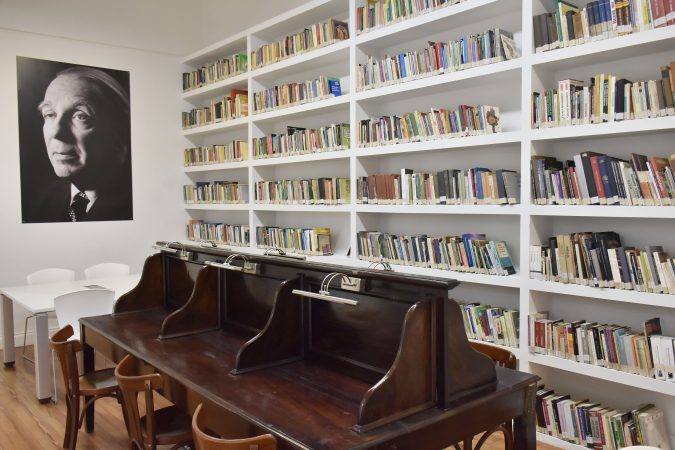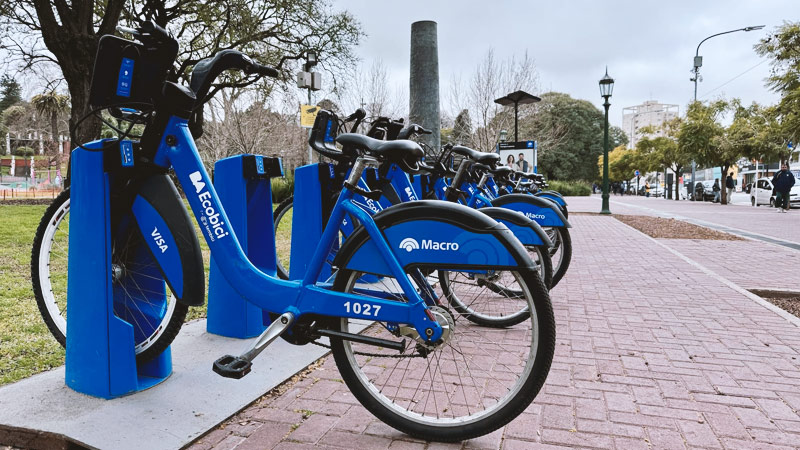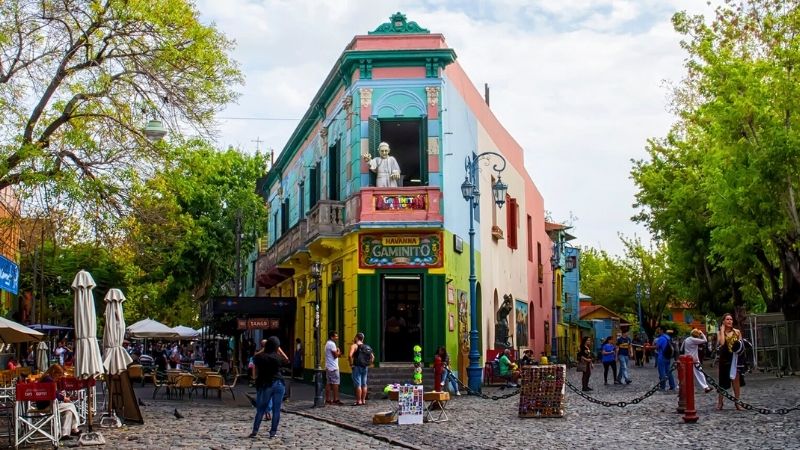Spanish is the official language of the Argentine Republic. Adopted after the Spanish conquest, it underwent modifications typical of the local culture and those of the peoples that landed in the waves of immigration during the 19th and early 20th centuries.
The Spanish of Argentina is known as Castilian, a concept that refers to the Spanish region of Castile. Although Castilian is considered a synonym of Spanish, there are numerous differences with the one spoken in other countries, although in all cases those who speak this language can understand each other perfectly. Castilian is a modern continuation of spoken or "vulgar" Latin that began to take shape after the dissolution of the Roman Empire. Thanks to its spread throughout the Americas, Spanish is the most widely used Neo-Latin language and today it is the second most studied in the world after English and the most widely spoken after Mandarin Chinese. The majority of Spanish speakers are in Latin America.
The most notable feature of Castilian or Argentine Spanish is the use of "vos" instead of "tú" and the way of conjugating the second person singular. Thus, where a Spaniard would say “you can”, an Argentine will say “you can”. This variation is not difficult for foreigners who are fluent in the language, as they quickly adopt "voseo" naturally. Throughout the country the interjection "che" is used to call another person or to emphasize an idea and, although its use should be informal and only for family and friends, Argentines have it so incorporated that they tend to use it interchangeably.
Throughout Argentina there are dialect differences given by the diversity of cultures that compose it, but in Buenos Aires a unique Castilian is spoken, where the intonation, influence of Italian, and the excessive use of lunfardo or slang, very present, stands out. in tango lyrics, slang that incorporates terms and idioms inherited from immigrants, especially Italians and Spanish and, to a lesser extent, French, Portuguese and native peoples.
The number of terms that make up the lunfardo is innumerable, but there is no need to worry. Porteños like to talk a lot and, once in Buenos Aires, you learn without realizing it.



